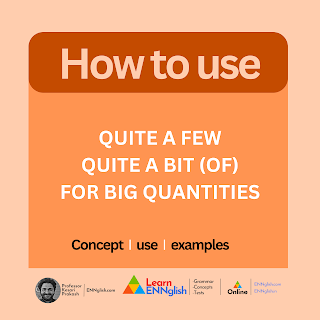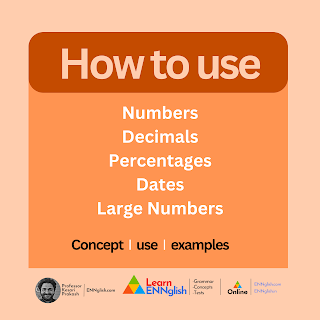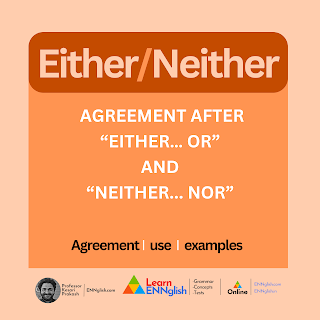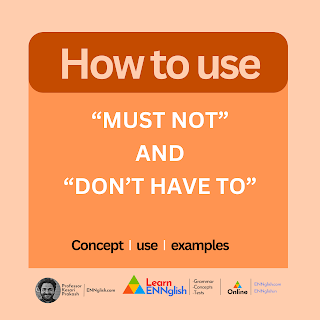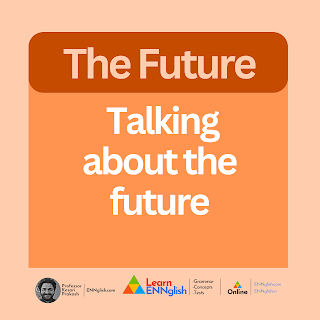There are only two tenses in English present and past.
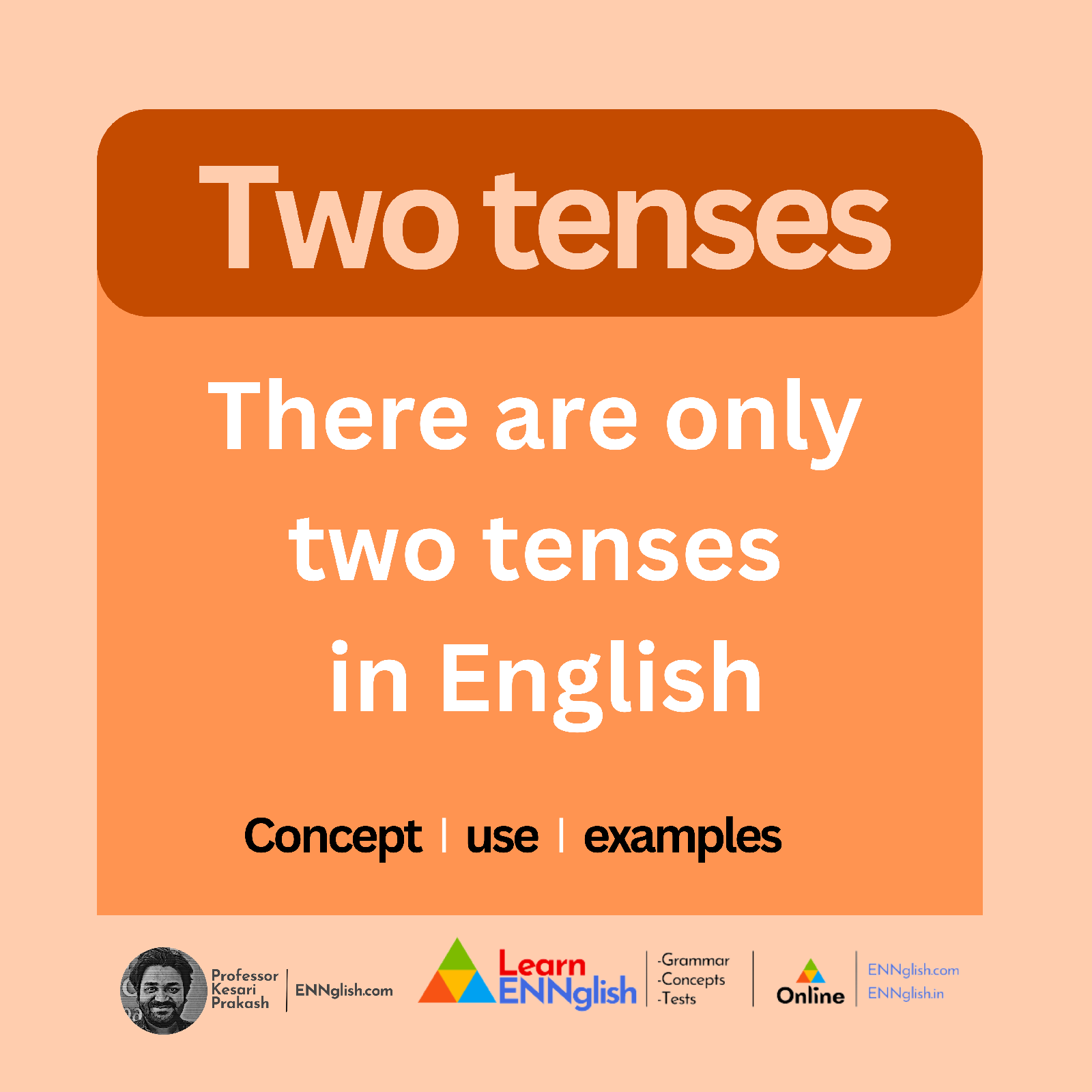
There are two tenses in English present and past. I was shocked when I read this sentence on British Council’s Webpage. I thought there must have been a mistake, committed intentionally to get the attention of readers. I read the full article but it was not explained how it was. I Emailed and also post a question. Within some hours they replied (as they usually do) ---- Hi Prakash, It's a good question. First, I should define what a tense is: it is a form of a verb that expresses time . For example, take and took are the present tense and past tense of the verb take. Technically speaking, will take is not a form of the verb take , because it is not made by changing the form of take itself. Instead, it is made by adding another verb ( will ) which supplies the future time meaning. That's why we can't call will take a tense. However, in common and non-technical speaking, people do commonly say that will + infinitive verb is the "future tens
